
When it comes to choosing groceries that are better for you and better for the planet, “organic” is a word you’ll see often. But what does it actually mean? At Misfits Market, we believe in making organic produce and pantry staples more accessible, so we created this guide to help you understand what you’re buying, why it matters, and how to shop smart.

Organic 101: What Does Organic Actually Mean?
You see it on labels everywhere—organic milk, organic fruit, even organic frozen pizza. But what does organic really mean? And how can you tell if what you’re buying truly meets the standard?
In the U.S., the term organic is regulated by the USDA through the National Organic Program (NOP). Unlike buzzwords like “natural” or “eco-friendly,” the organic label is legally backed and audited. Here’s a quick breakdown of the three main levels of organic certification:
Organic Certification Levels
- 100% Organic: Every ingredient is certified organic. No GMOs, synthetic pesticides, or artificial additives allowed.
- Organic: Contains at least 95% certified organic ingredients. The remaining 5% must be on an approved list.
- Made with Organic Ingredients: Products contain 70–94% organic ingredients. These items can’t use the USDA Organic seal but can say “made with organic…” on the label.
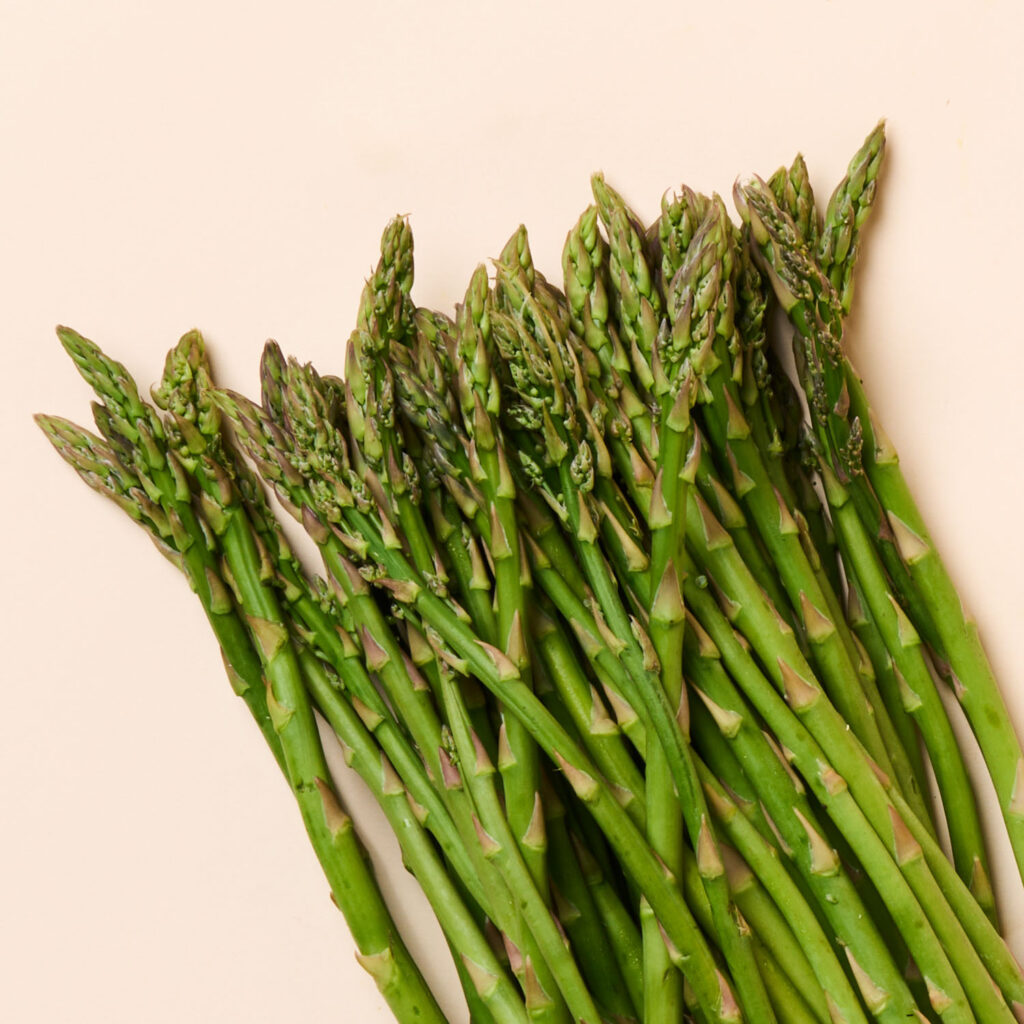
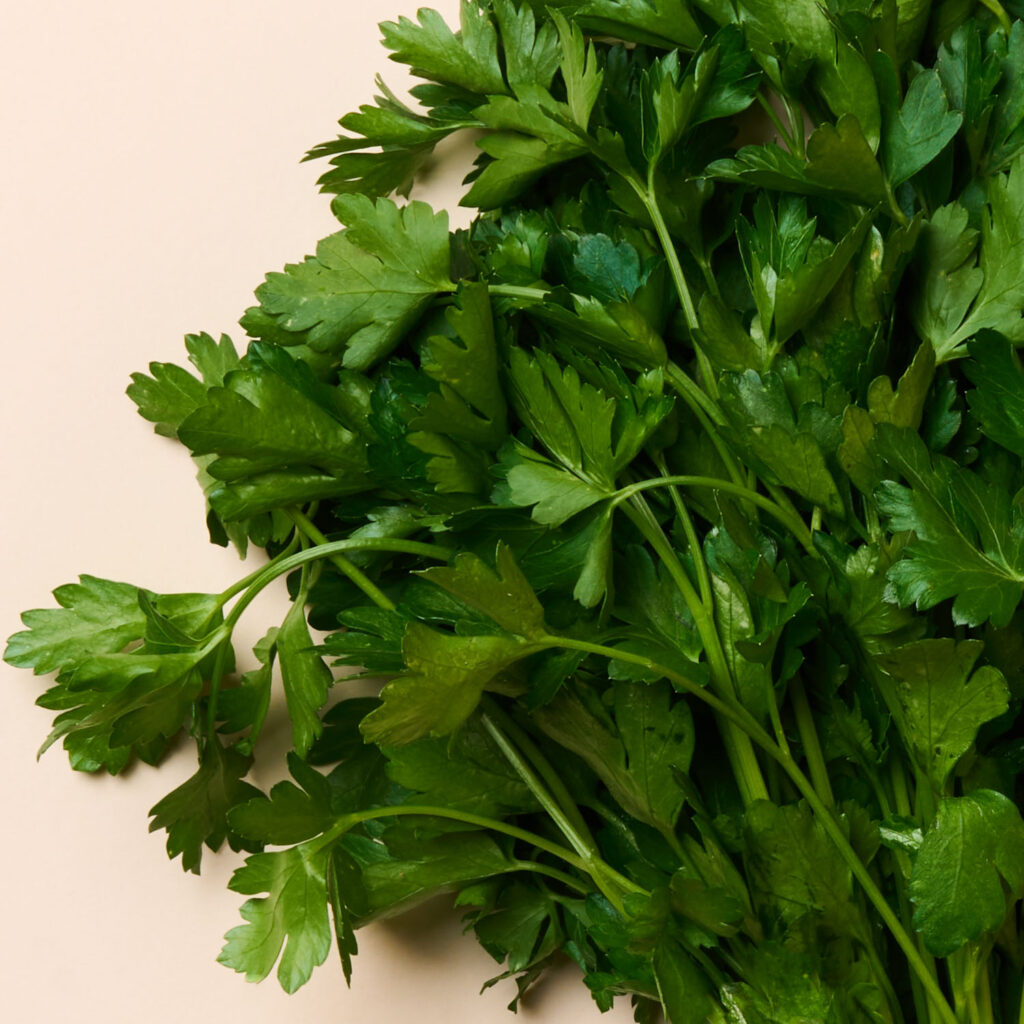
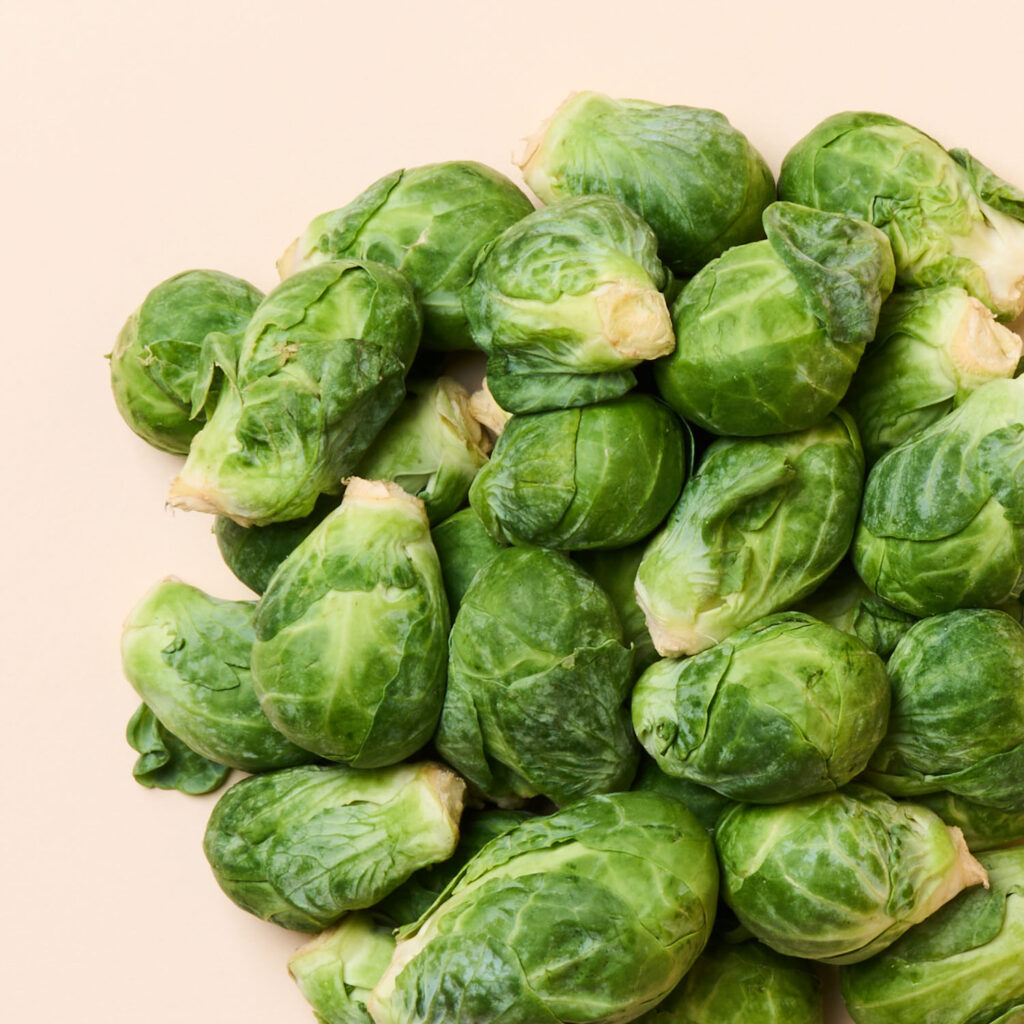
Why Buy Organic?
Organic food refers to how products are grown, raised, and processed. To be certified organic in the U.S., food must meet the NOP standards:
- No synthetic fertilizers or pesticides
- No genetically modified organisms (GMOs)
- No irradiation
- Transparent supply chain and certified organic practices at every stage
Going organic isn’t just a lifestyle flex—it’s a meaningful choice for your health, the environment, and the people who grow your food. Some of the top reasons to buy organic include:
- Reduced pesticide exposure: Organic farming prohibits most synthetic pesticides and fertilizers, helping limit chemical residue on your food.
- Better soil health: By avoiding harsh chemicals and using crop rotation, organic farming helps keep soil rich and resilient.
- Higher animal welfare standards: Organic meat and dairy come from animals that are pasture-raised and never given hormones or unnecessary antibiotics.
- Improved labor practices: Organic farms must meet certain standards for worker safety and fairness—especially important for imported goods like bananas and coffee.
Keep reading: Where Do Your Eggs Come From?
How Misfits Market Supports Organic
At Misfits Market, we believe that better groceries shouldn’t break the bank. That’s why we:
- Work with certified organic and transitional growers (more on that here) who are committed to sustainable practices.
- Offer organic grocery delivery that’s often less than what you’d find at traditional grocery stores.
Whether it’s organic produce, pantry staples, or meat and dairy, our curated selection is designed to make shopping organic easier, more accessible, and more affordable.
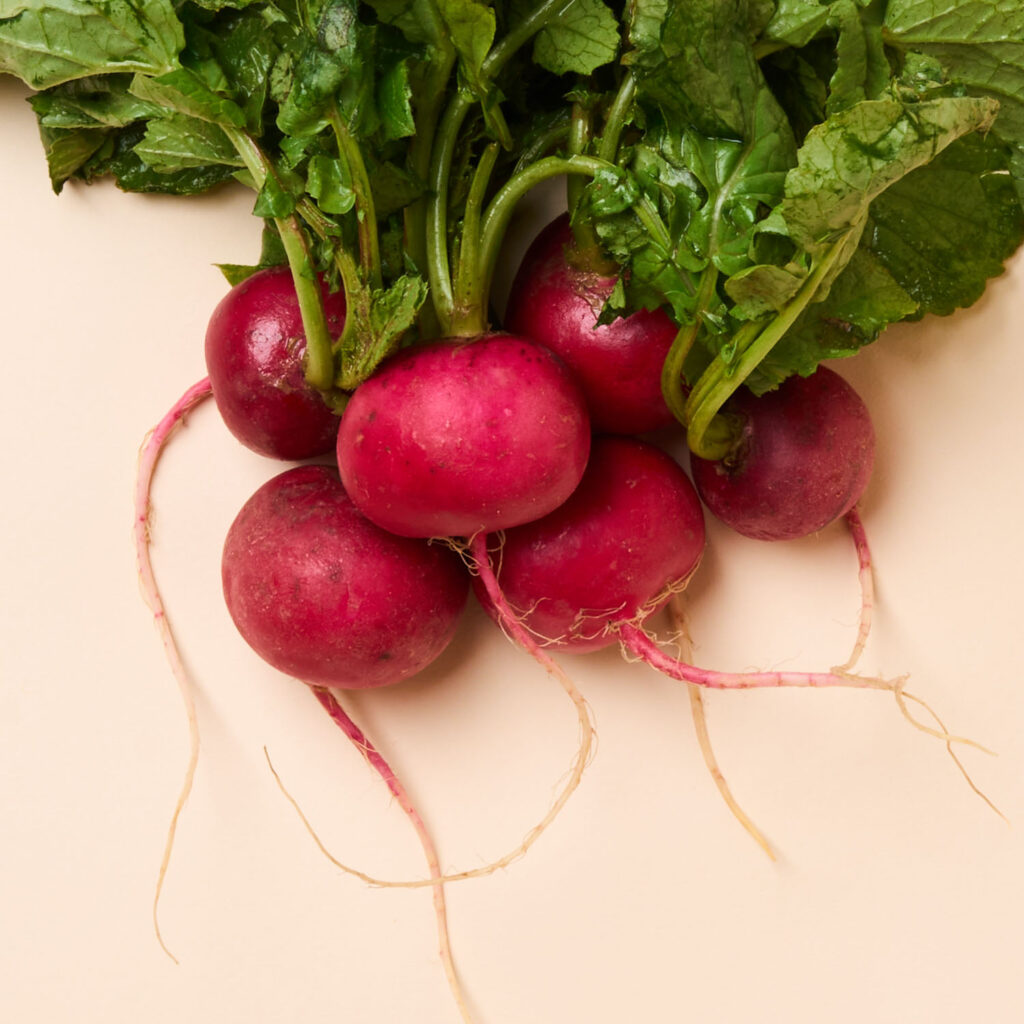
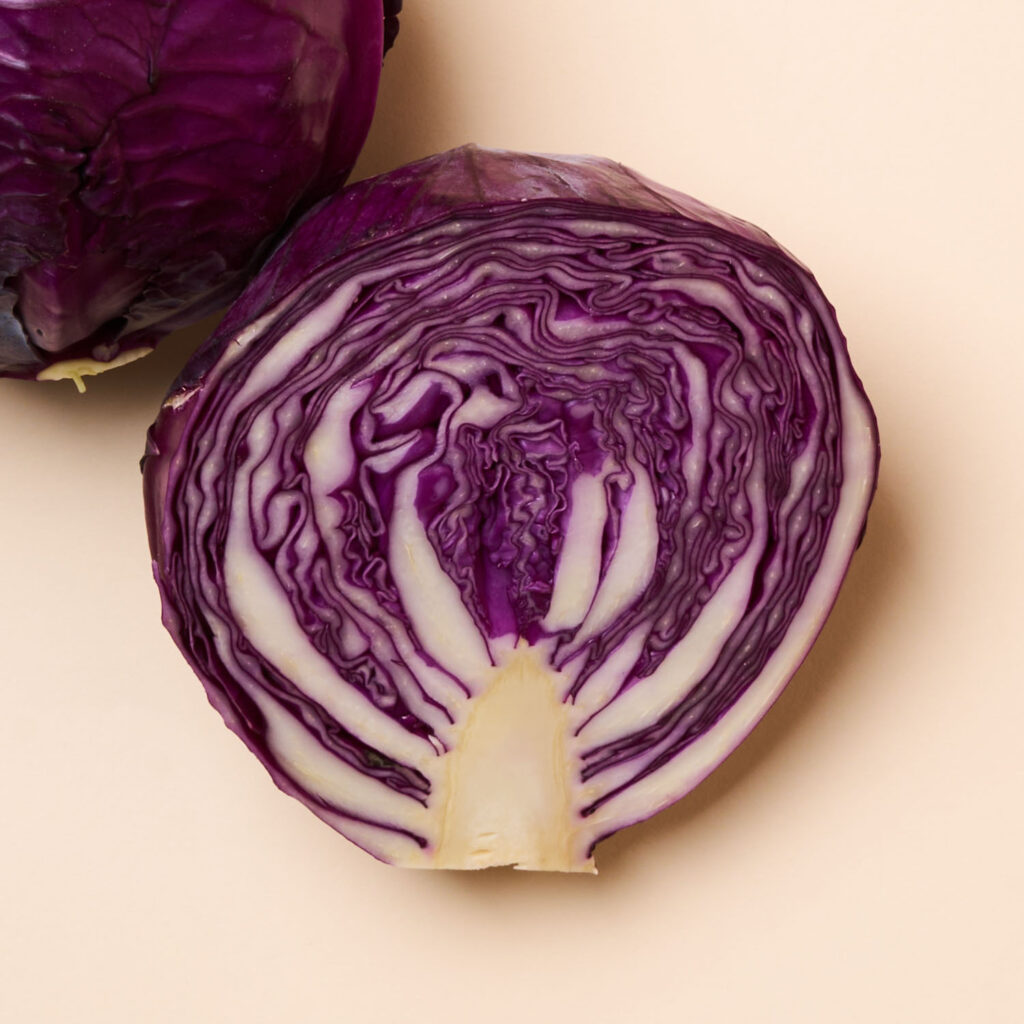
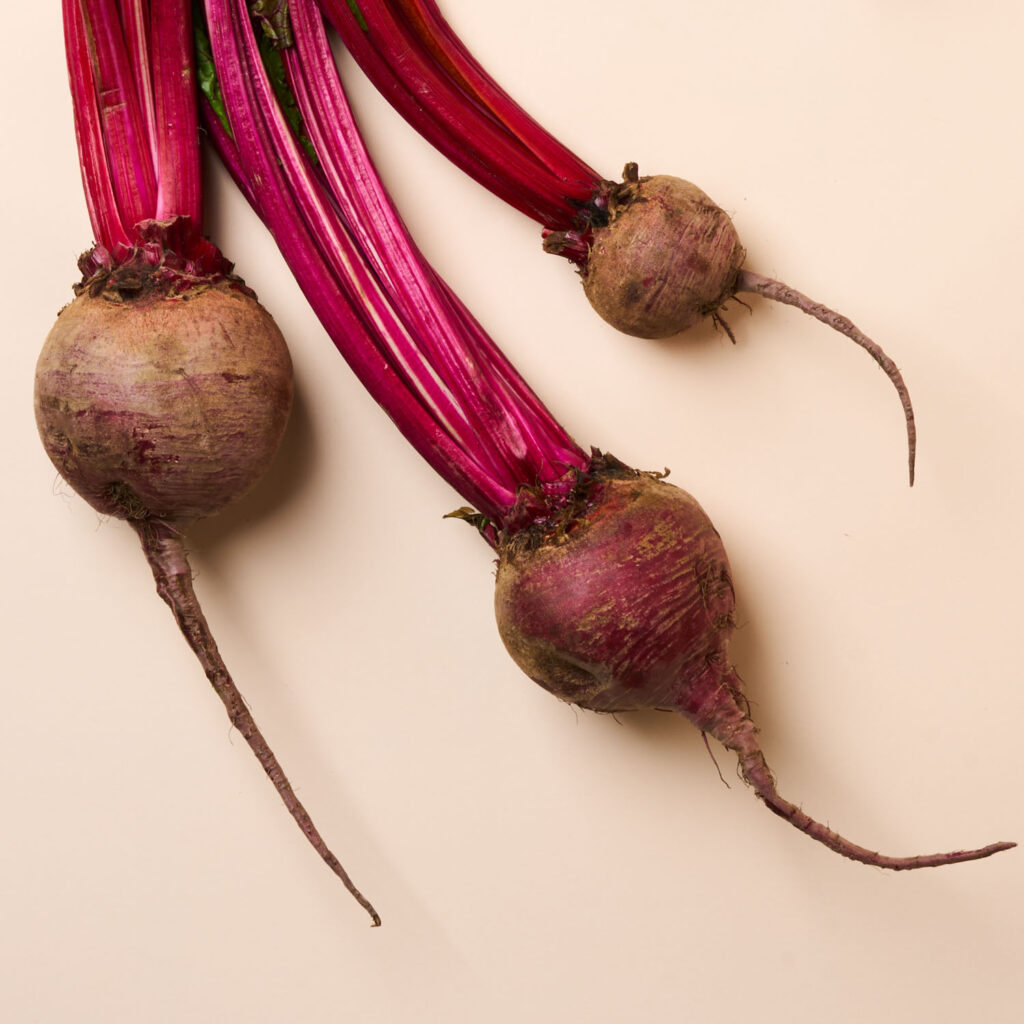
Are Organic Groceries More Expensive Than Conventional?
In many grocery stores, yes—organic products often cost more due to stricter regulations, higher-quality inputs, and more labor-intensive practices. But at Misfits Market, we’re flipping that model. By partnering directly with farmers and food makers, we help reduce overhead and bring you organic groceries at a lower cost.
So, is organic worth it? We think so. And we’re here to help make it part of your weekly grocery routine.
Where to Start: Not sure when to buy organic? Check out our guide to the Dirty Dozen and Clean Fifteen.
Keep Reading
- Should You Be Eating Organic? Start with the Dirty Dozen
- Why We Sell Mystery Produce at Misfits Market
- Organic vs. Non-Organic: What’s the Difference?
- Transitional Farming: What It Is and Why It Matters
- What Is Regenerative Farming? A Guide to Regenerative Agriculture
- Is Organic Food Better for You? When It Makes Sense
- Recipes That Make the Most of Organic Food
- A Guide to Hybrid Fruits: What They Are
